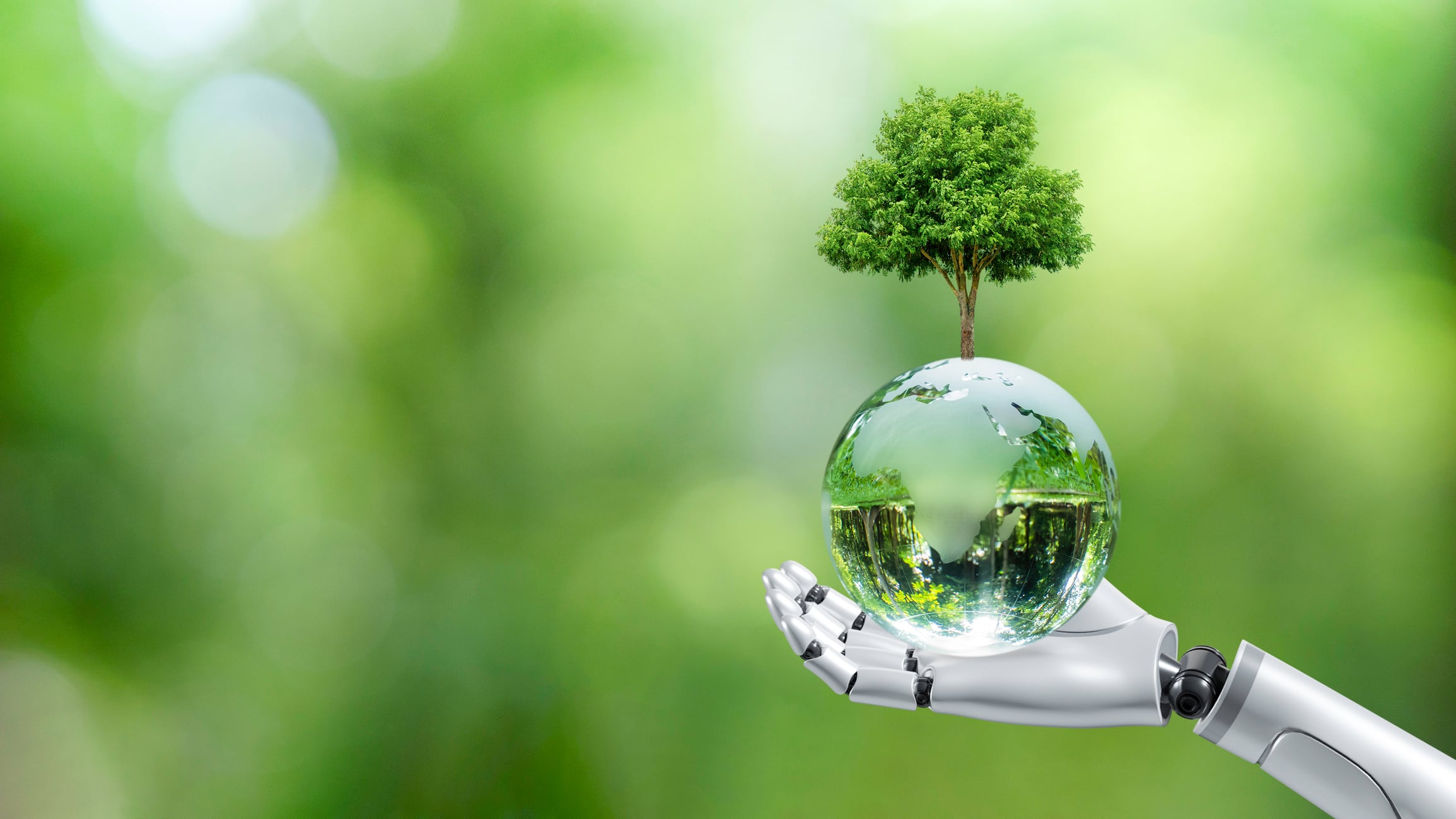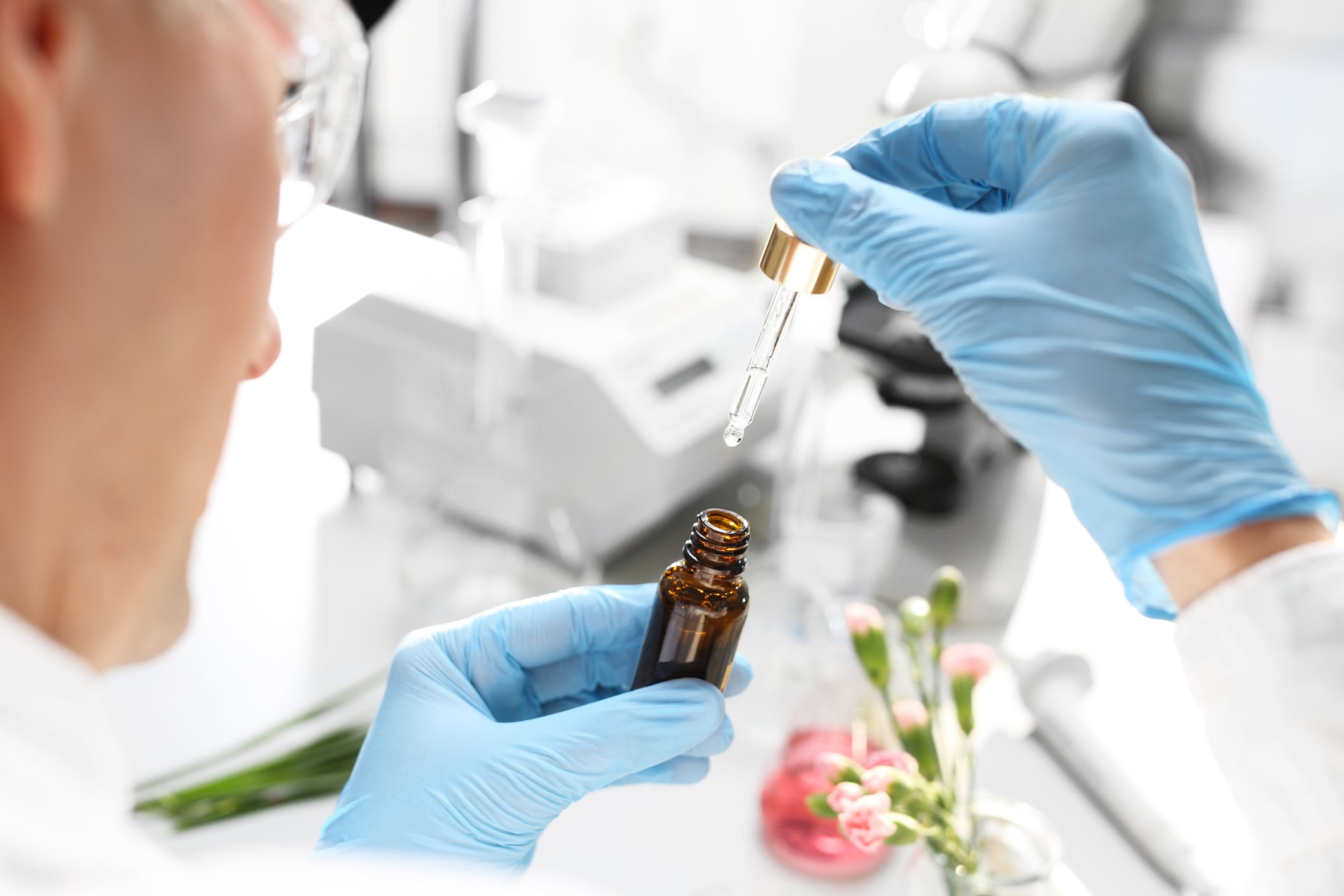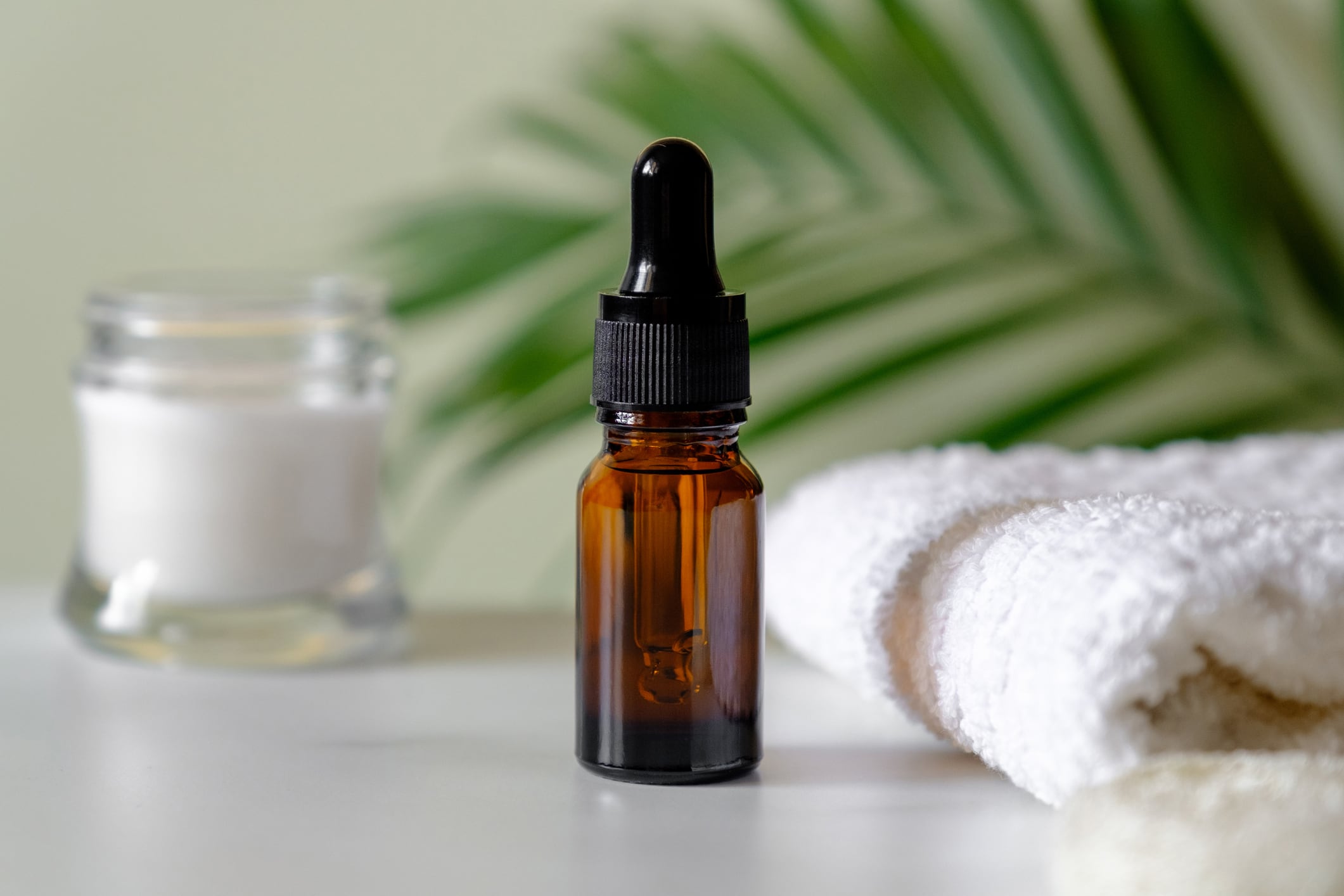Key takeaways
- The Sustainable Cosmetics Summit will be held in Paris on 22–23 October 2025.
- Key topics include AI, biotechnology, neurocosmetics, and sustainable packaging.
- IBM, L’Oréal, Unilever, Givaudan, and other leaders will present innovations.
- The summit will highlight how emerging technologies can support sustainability goals in beauty and personal care.
This year’s Sustainable Cosmetics Summit, set to take place in Paris on 22–23 October, will explore the sustainability implications of AI and emerging technologies in the beauty industry.
AI and emerging tech reshape sustainable beauty strategies
According to Amarjit Sahota, founder of Ecovia Intelligence, which organises the annual conference, AI and new technologies are expected to have a profound influence on sustainability issues in the beauty industry.
“In the last five years, we have seen significant developments in biotechnology and plant cell technology whereby natural ingredients are being created without the need for plants or land,” he said.
“While AI is relatively new, we are already seeing companies using AI to help them select raw materials, formulate products, as well as create new sustainable products,” he continued.
“AI is also enabling customisation and personalisation of finished products. We want to highlight the opportunities offered by AI and emerging technologies with a green lens at the Sustainable Cosmetics Summit.”
Biotech and neurocosmetics open new ingredient pathways
The upcoming conference will cover:
AI transforming the cosmetics industry
Generative AI is being used to reformulate and develop new products. Attendees will hear from IBM Fellow Alessandro Curioni, who will speak about how L’Oréal is working with IBM’s Gen AI technology to analyse formulation data, enabling greater use of sustainable raw materials while reducing energy consumption and material waste. Other speakers will include beauty tech company Perfect Corp and Jenny Stanley, MD of Appetite Creative, who will outline how AI is driving smarter packaging design, material selection, and lifecycle optimisation.
Biotechnology
New technologies such as precision fermentation, plant cell technology, and synthetic biology are opening new pathways to sustainable ingredients. Swedish start-up Melt & Marble will present how it uses precision fermentation to create designer fats, while Smey is applying similar methods to produce oils. The use of plant cell technology to create novel actives will also be discussed.
Neurocosmetics
Interest is growing in neurocosmetics – skincare products designed to interact with the nervous system. Cedric Rimella, CEO and founder of I.D. Swiss Botanicals, will explain how his company has developed a range of neurocosmetics using plant extracts, designed to work with the skin’s “natural intelligence.” Giada Maramaldi from Givaudan will present Neuroglow, an active ingredient that influences key biological markers such as beta-endorphins, vitamin D, and oxytocin.
Measuring environmental impacts
The EcoBeautyScore Association will introduce its new environmental rating system for cosmetics and personal care products. Developed in collaboration with more than 70 brands and associations, ratings are given to products according to their environmental impacts. The ratings are based on life cycle assessment (LCA) and the EU’s Product Environmental Footprint (PEF) methodology. Mathilde Allegrie from Lubrizol will demonstrate how the company uses LCA to measure and reduce the carbon footprint of its cosmetic ingredients.
Packaging, materials and impact measurement under review
Green materials
A dedicated session will spotlight new and emerging cosmetic ingredients for sustainability. Qore LLC will show how it has created a bio-based 1,4-butanediol using renewable feedstock. The QIRA material has a significantly lower carbon footprint than acetylene, thereby reducing greenhouse gas emissions. Ludovic Van from Oleon will emphasise the importance of eco-design when making green cosmetic ingredients. Other topics include upcycled materials, traceability tools, and novel active ingredients.
Sustainable packaging
A half-day session will explore strategies to reduce the environmental impact of cosmetic packaging. Maja Desgrées du Loû from the European Commission will give details of the EU’s newly enacted Packaging and Packaging Waste Regulation, designed to cut waste and promote circular systems. The expanded Extended Producer Responsibility (EPR) rules will hold brands more accountable for packaging waste. Eastman Chemical will discuss how EU regulations can encourage circular packaging design and chemical recycling technologies. Colin Strobant from Sulapac will show how its bio-based, biodegradable materials—made with natural fillers such as wood and clay—are providing alternatives to plastic packaging. Terracycle will share updates on its innovative approaches to recycling and repurposing packaging for greater circularity.
The Sustainable Cosmetics Summit will be hosted at the Crowne Plaza – République Paris on 22–23 October 2025. More information is available from www.sustainablecosmeticssummit.com/Europe/





